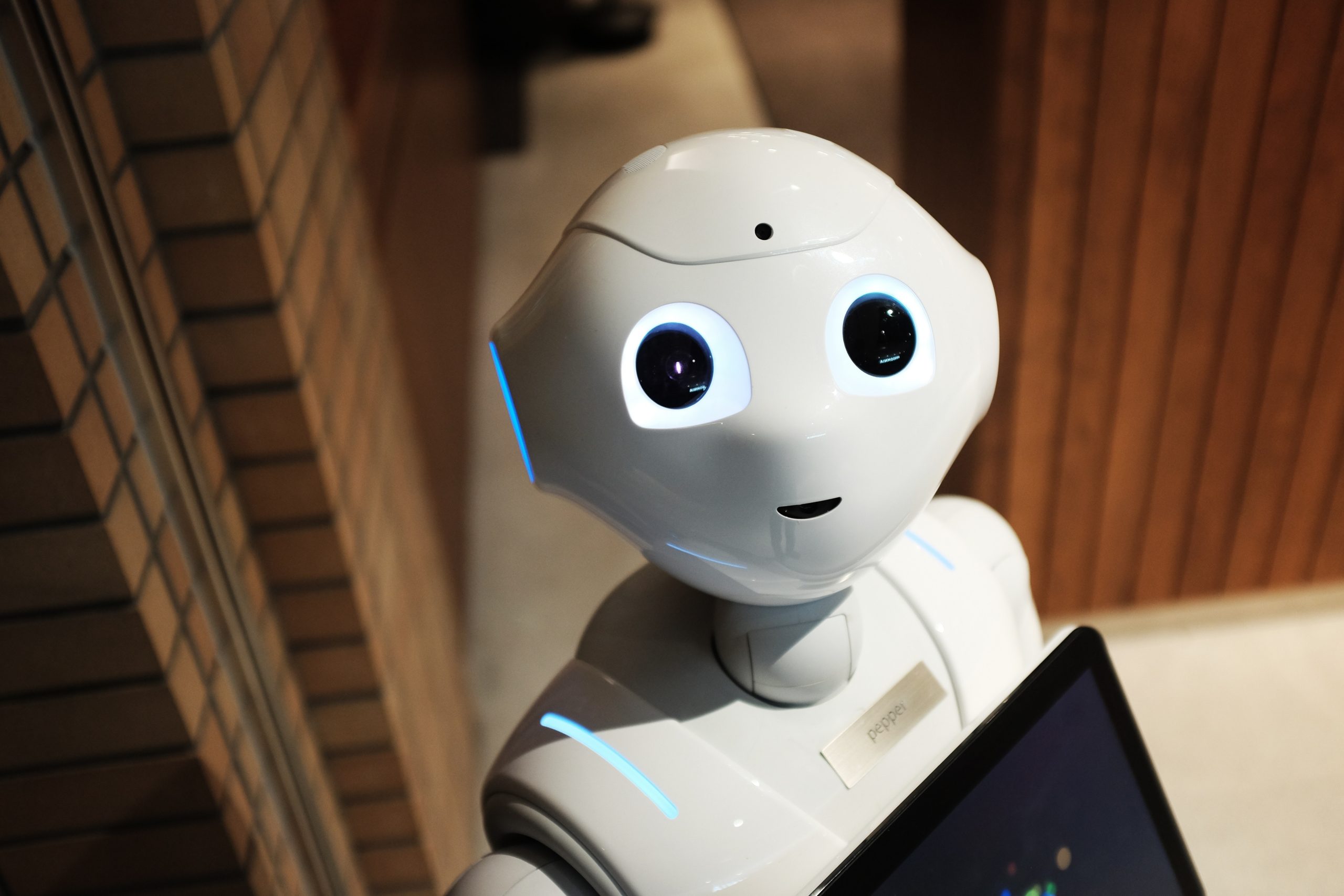To better understand the various impacts of AI on diverse populations, we sought insights from founders, researchers, and HR professionals. From breaking language barriers to eroding students’ research and analysis skills, explore the six perspectives shared by these experts on the effects of AI on different communities.
- Breaking Language Barriers
- Has the Potential to Reduce Biases
- Negative Impact on Education
- Enhances HR Processes Objectivity
- Improves Healthcare for Diverse Populations
- Erodes Students’ Research and Analysis Skills
Breaking Language Barriers
Co-founder, Dr. Willy Portier provides insight about impacts of AI on diverse populations. “I’ve used ChatGPT a few times for translations and found it to be very helpful. With this in mind, AI might become a solution to overcoming language barriers that are often faced in diverse populations. This can apply to many situations.
Think about playing a game with other people—they don’t understand English, yet it’s the only language you are familiar with. With the use of AI, it now becomes easier to communicate with the other players and get an understanding of what they say.
Remote teams can also really benefit from this type of system. With translation AI systems, communication barriers caused by different languages can be broken down so that individuals who form part of the team can communicate.”
Has the Potential to Reduce Biases
Basana Saha is a Founder explains the importance of impacts of AI on diverse populations. “One impact of AI is that it has the potential to reduce biases significantly in decision-making for diverse populations. By analyzing large amounts of data, AI algorithms can identify patterns that humans may not detect, leading to more objective decision-making processes.
This can be especially beneficial for marginalized communities who have historically experienced discrimination and bias. However, it is important to recognize that AI is not immune to perpetuating biases, and therefore careful auditing and continuous improvement of these algorithms are necessary to ensure fair outcomes.”
Negative Impact on Education
Research and Development Head, Grace Angelique Magalit. “There are many benefits to AI. However, the major disadvantage I can see is in the education industry. Students have access to unlimited and unchecked AI that they rely on to make their assignments and papers.
The problem here is that their logic and critical thinking are no longer developed as AI does for them. They also now have poor research skills as they just rely on AI to get answers to their questions, without even bothering to fact-check the data that the AI generates.
This is very dangerous, as it can lead to misinformation. Hence, teachers and other educators are at the receiving end of the effects of AI since it is now harder for them to really assess the student’s ability to grasp and keep the lessons in class. This is a tremendous concern that AI should solve soon, hopefully.”
Enhances HR Processes Objectivity
Steven Mostyn is a Chief HR Officer describes the enhancement impacts of AI on diverse populations. “HR has benefited a lot from Artificial Intelligence, mainly in increasing productivity and getting onboarding and application assessment done a lot faster. Before, it took two to three people to assess applicants’ resumes and find a pool of people whom we could interview.
Now, with the right AI tools and prompts, we can input these applicants’ information and allow the AI to filter these resumes and look for specific skills and experiences that we desire for the position.
The best thing about this is that with AI, we can remove any subjectivity that humans may place in assessing the applicant’s resume. We can just input their resumes but code them so the name won’t be seen immediately.”
Improves Healthcare for Diverse Populations
Founder, Mike Stuzzi, expresses the improvement impacts of AI on diverse populations “One positive impact that the use of AI provides to diverse populations is improved access to healthcare services and better health outcomes.
AI can analyze large amounts of medical data and identify patterns or trends that might not be apparent to human doctors. Medical practitioners will identify potential health issues earlier, make more accurate diagnoses, and recommend the most effective treatments.
AI can also help to address disparities in healthcare access and outcomes. For instance, AI could be leveraged to provide healthcare services in remote or underserved areas with a shortage of doctors or medical facilities.
Also, AI can provide translation services and remove language barriers. This way, patients who speak different languages will still communicate properly with their healthcare providers.”
Erodes Students’ Research and Analysis Skills
Craig Miller, who is a Co-founder, Psychologist, and Academician provides his insight. “Yes, AI makes answering assignments a lot easier because it can gather related information across its current database and analyze it to come up with the answer to the question.
However, because of this, the student’s ability to research and identify legitimate sources is compromised. Their analytical skills are no longer ingrained in the students, as AI is doing almost all the work.
AI even sometimes doesn’t give the correct information, so the student’s ability to evaluate correct or false information is being eroded. Even the lowest of Bloom’s Taxonomy, which is “create,” is no longer met as the AI is doing the student’s homework.”
—————-
Special thanks to Featured for their continued help in the creation of this blog post. Click below for more strategies from the Nativa team regarding Online Marketing.




